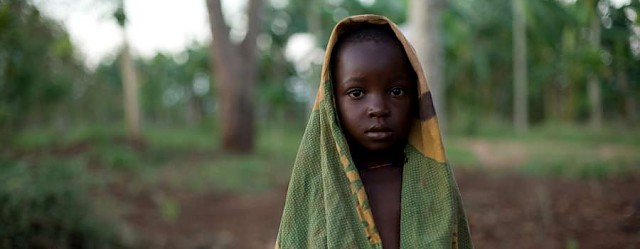Home > What We Do > Alternatives to Camps
Alternatives to Camps

Fostering resilience and community spirit
For many people, mention of refugees conjures up images of long rows of tents or other shelters in camps where most of the inhabitants rely on aid distributions. But at the UN refugee agency we believe that camps should be the exception and only a temporary measure in response to forced displacement.
The possible alternatives are diverse and affected by factors such as culture, legislation and national policies. Refugees might live on land or housing which they rent, own or occupy informally, or they may have private hosting arrangements. Such alternatives typically allow refugees to exercise their rights and freedoms, make meaningful choices about issues affecting their lives, contribute to their community and live with greater dignity and independence.
If camps are unavoidable, the inhabitants should have links with the host communities and access to the local economy, infrastructure and service delivery systems. This should help ensure that they require only limited humanitarian support.
UNHCR recognizes that enabling refugees to live in communities lawfully, peacefully and without harassment - in urban or rural areas - supports their ability to take responsibility for their lives and communities. Refugees bring personal skills and assets which can benefit the communities where they are living. They also bring the qualities of perseverance, flexibility and adaptability. Refugees who maintain their spirit of independence, use their skills and develop sustainable livelihoods during displacement, will be more resilient and better able to overcome future challenges.

